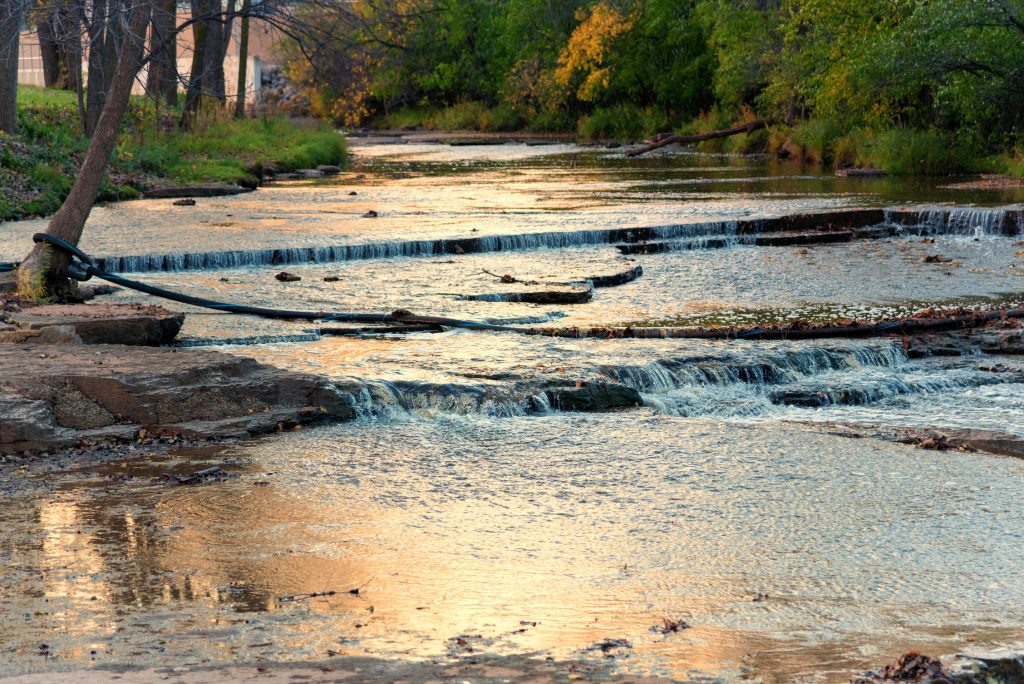50 years ago today, the Clean Water Act became law, protecting lakes, rivers, streams and wetlands across Wisconsin and the country. It is the foundation of some of Clean Wisconsin’s most important legal work, including our 2005 lawsuit against We Energies over a lakeside cooling system at its Elm Road coal plant. The settlement of that lawsuit created the Fund for Lake Michigan, which provides $100 million over 25 years to help restore and protect our precious lake.
We see the impact of the Clean Water Act every time we cast a fishing line, every time we walk along a lakeshore, every time we take the boat out on a clear fall morning. In Wisconsin, this landmark environmental law protects the places we love every single day. It’s easy to forget that 50 years ago, the Milwaukee River, Fox River, Lower Green Bay, St. Louis River, Menominee River and many others across our state were so badly polluted by untreated industrial waste and sewage that people could no longer safely enjoy them. We have come a long way in the five decades since 1972, but we cannot stop working.
Our waters still need help to reduce the impact of pollution that isn’t covered under the Clean Water Act. Harmful contaminants like fertilizers, insecticides and herbicides often run off farm fields and make their way into Wisconsin’s critical waterways. Oil, solvents, road salt and other chemicals wash from parking lots and roads and are carried to lakes through city storm sewers. Contaminants like PFAS “forever chemicals” are showing up in water bodies across Wisconsin, often with no definitive source.
Even as we recognize that more water protection laws are badly needed, we must also stay vigilant to protect the laws we have. The Clean Water Act and EPA’s ability to protect our environment are increasingly under attack. The U.S. Supreme Court is currently hearing a case that would limit waters protected under the Clean Water Act, leaving streams and wetlands—vital habitats for Wisconsin fish and wildlife—once again vulnerable to toxic water pollution. These wetlands and streams feed into our lakes and are connected to our groundwater, our sources of drinking water, and we cannot afford to put them at risk.
The 1969 Cuyahoga River fire in Cleveland is known as the environmental catastrophe that sparked the Clean Water Act. But that striking image of unchecked pollution had already happened in Wisconsin 18 years before, when Lincoln Creek in Milwaukee caught fire after 60,000 gallon fuel spill. Everyone deserves clean, safe water. Wisconsin cannot afford to turn back the clock on basic environmental protections.

